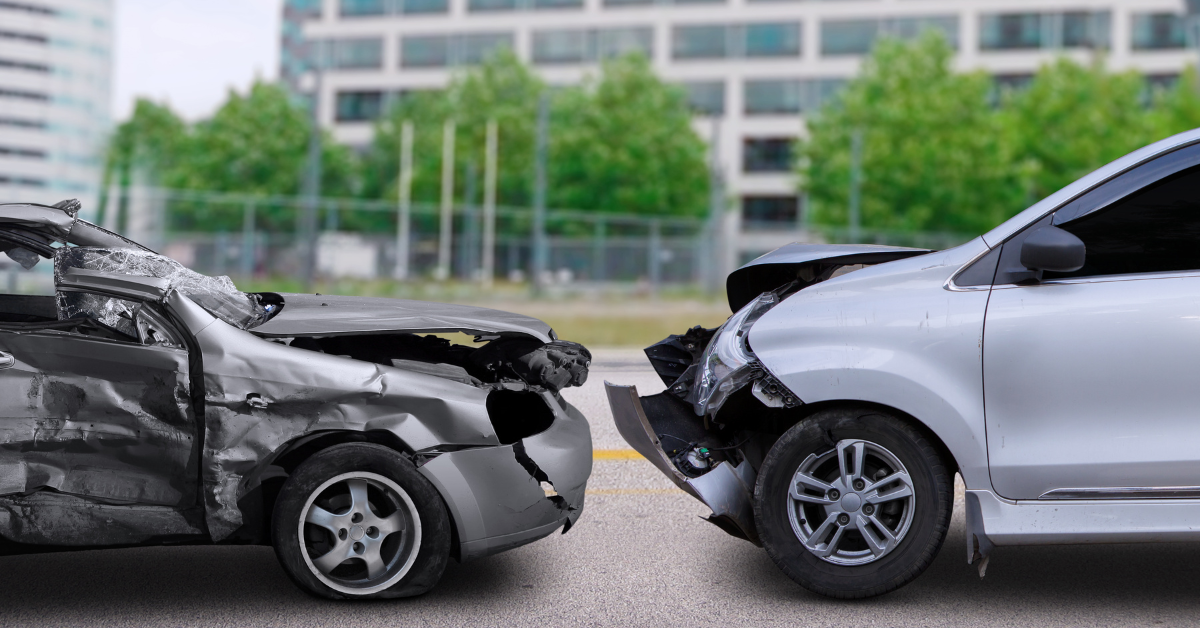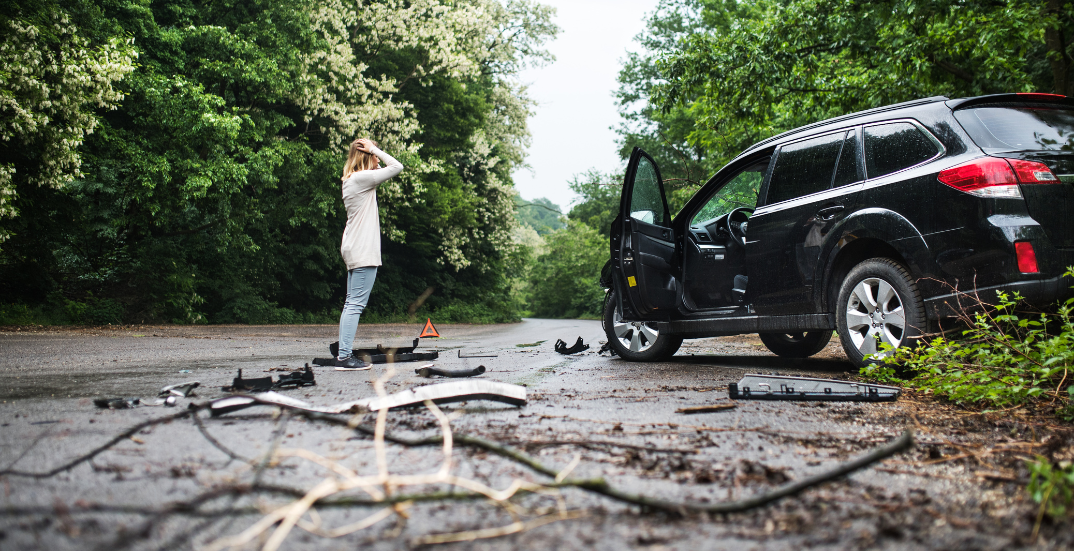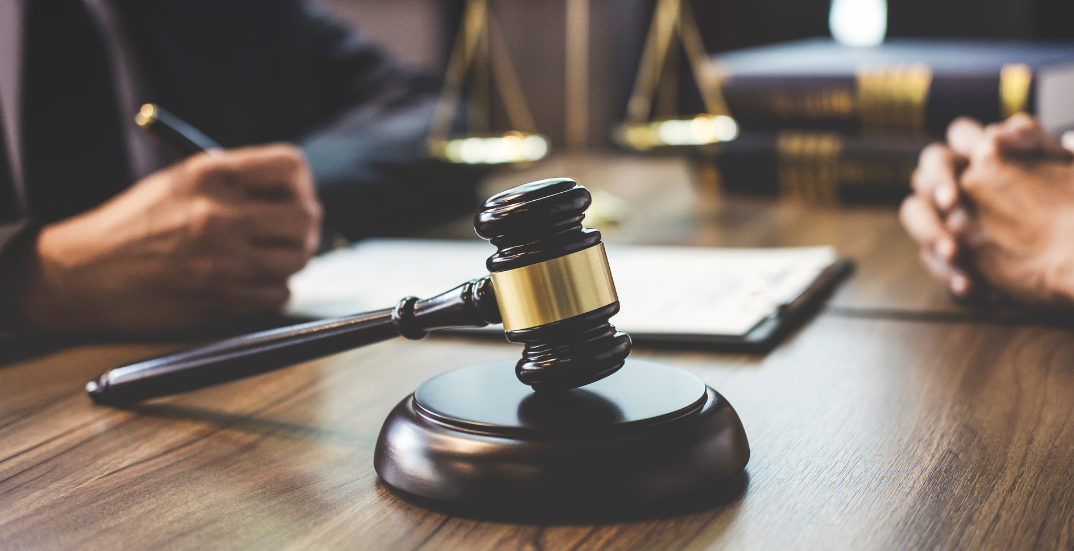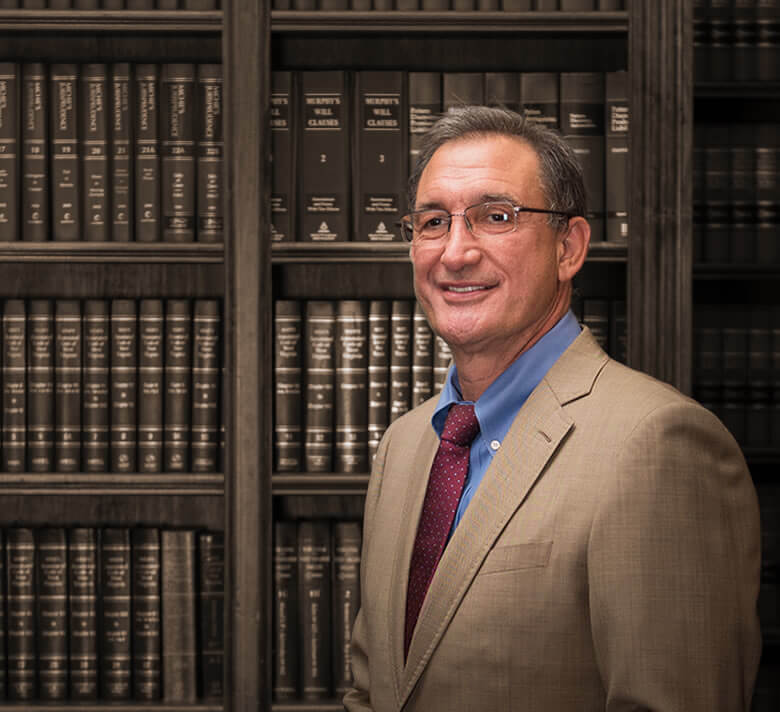
When you’re involved in a car accident, it’s easy to feel overwhelmed, unsure of what to do next. But some common mistakes can make things harder—impacting your recovery and your ability to receive fair compensation. Knowing what to avoid in those critical moments can protect your rights, your health, and your claim. Here are the top 10 mistakes to avoid after a car accident.
After a minor accident, you might think calling the police isn’t necessary. But getting an official report is important, even if the damage seems small. In West Virginia, you must notify the police if there’s over $500 in property damage.
Beyond legal requirements, a police report provides a neutral, factual record of what happened, which can be crucial later if you need to file a claim.
An official report can prevent future disputes, particularly if injuries or damages appear more serious than initially thought.
It can also serve as key evidence when dealing with insurance companies.
It might seem like the police report will have all the information you need, but that report can take days to be available.
Exchanging information directly ensures you have contact details, insurance information, and vehicle information, which can help speed up your claim process.
Take down the other driver’s name, contact information, insurance details, and vehicle make and model. This information will be essential for your insurance claim.
After an accident, you might feel fine and think you don’t need medical care.
However, injuries like whiplash, internal bleeding, or concussions often don’t show symptoms immediately.
Delaying treatment could harm your health and your claim.
A prompt medical examination not only ensures that hidden injuries are treated early but also establishes a record connecting your injuries to the accident.
Waiting to seek treatment can make it harder to prove your injuries were caused by the accident, which may reduce your compensation.

Right after an accident, you may feel compelled to apologize or even accept fault. But determining who is at fault is complex and often requires investigation.
Avoid making any statements about responsibility, as these can be used against you later.
Stick to the facts when speaking to police or other parties. Don’t discuss who might be at fault; let the investigators determine that based on the evidence.
The best time to gather evidence is immediately after the accident, while everything is fresh.
Evidence can strengthen your claim and help reconstruct the accident details if needed.
Take photos of the accident scene, your vehicle’s damage, and any visible injuries. If there are witnesses, get their contact information.
This evidence can be crucial for building a strong case if there are disputes later.
Even if the accident was minor, you must inform your insurance company as soon as possible.
Delaying this notification can hurt your chances of having your claim approved, as many insurers have time limits for reporting accidents.
Provide only the basic facts of the accident. Avoid speculating or giving opinions on what happened. The sooner your insurer knows about the incident, the quicker your claim process can begin.
While it’s essential to report the accident, remember that the insurance adjusters work for the company, not for you.
They may seem helpful, but their goal is to settle claims for as little as possible.
Only share factual information with your insurance adjuster and avoid volunteering details that aren’t necessary.
If they ask questions that feel like they’re leading, consider consulting an attorney before responding.
It’s tempting to post updates about significant events, but in this case, sharing details on social media can backfire.
Insurers or opposing parties can use your statements as evidence against you.
Refrain from posting anything about the accident, your injuries, or the details of your claim. Even a simple comment could be twisted and used to discredit your claim.
In West Virginia, you have a limited time to file a claim for damages after a car accident.
This period is known as the statute of limitations, and missing this deadline means you lose your right to seek compensation.
Waiting can result in lost evidence and less reliable witness testimonies. The sooner you take action, the better your chances of building a strong case.
The biggest mistake people make after a car accident is not consulting with an attorney.
Working with a car accident lawyer can ensure that your rights are protected, and you’re not taken advantage of by insurance companies.

An experienced lawyer understands how to maximize your compensation by handling negotiations, gathering evidence, and advocating on your behalf.
They can help you avoid common pitfalls and ensure your claim is as strong as possible.
Being aware of these common mistakes can make a big difference in how well you recover—physically, emotionally, and financially. After an accident, each step you take matters, and avoiding these missteps can help you secure the compensation you deserve.
If you’ve recently been in a car accident, don’t navigate this complex process alone. Contact the Manchin Injury Law Group for a free consultation. Our experienced attorneys will review your case, help you avoid costly mistakes, and work to get you the compensation you’re entitled to. Reach out to us today to start protecting your future.

Member at Manchin Injury Law Group
Practice Areas: Personal Injury Law, Medical Negligence, Automobile Accidents, Business Law

Attorney Timothy Manchin established the Manchin Injury Law Group in 2011 after his law partner of more than 25 years became a West Virginia circuit court judge. His focus is on helping individual clients and entire families victimized by negligent acts.
We offer a free initial consultation at our office in the Manchin Professional Building — our home since 1983 — conveniently located in Fairmont.
If you are unable to visit our firm, we can come to your home or hospital room.
Fill out the form below to get in touch!